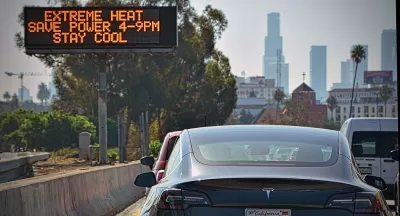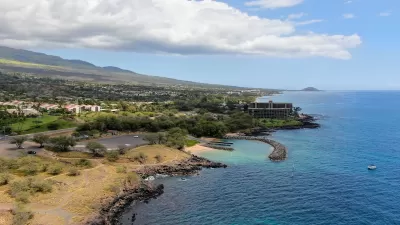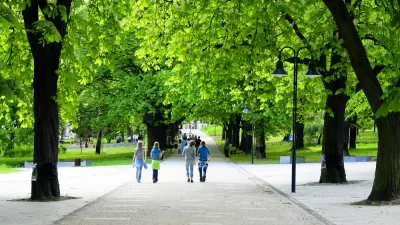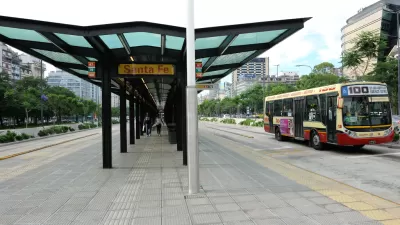By 2050, climate change will have the biggest negative impact on urban areas located in the Sun Belt.

Online insurance marketplace Policygenius evaluated the 50 largest U.S. cities to determine which will be most and least impacted by climate change by 2050. The factors analyzed included heat and humidity, flooding and sea level rise, air quality, and frequency of natural disasters such as hurricanes, tornadoes, wildfires, social vulnerability, and community resilience.
Least Impacted
- San Francisco, California
- Seattle, Washington
- Columbus, Ohio
- Minneapolis, Minnesota
- Baltimore, Maryland
- Milwaukee, Wisconsin
- Portland, Oregon
- Pittsburgh, Pennsylvania
- Richmond, Virginia
- Denver, Colorado
Most Impacted
- Houson, Texas
- Miami, Florida
- Tampa, Florida
- Jacksonville, Florida
- Orlando, Florida
- New Orleans, Louisiana
- Los Angeles, California
- Memphis, Tennessee
- Riverside, California
- Virginia Beach, Virginia
Of the cities ranked most at risk, all are located in the Sunbelt, which often tops lists of the best places to move or retire. Eight of those are located in the South, which was the only region that drew net new residents from other states in 2023, according to data from the U.S. Census Bureau. Experts are concerned this trend will leave an increasing number of people, particularly Black communities and communities of color, vulnerable to the negative impacts of climate change.
FULL STORY: Best & worst cities for climate change

Planetizen Federal Action Tracker
A weekly monitor of how Trump’s orders and actions are impacting planners and planning in America.

Maui's Vacation Rental Debate Turns Ugly
Verbal attacks, misinformation campaigns and fistfights plague a high-stakes debate to convert thousands of vacation rentals into long-term housing.

San Francisco Suspends Traffic Calming Amidst Record Deaths
Citing “a challenging fiscal landscape,” the city will cease the program on the heels of 42 traffic deaths, including 24 pedestrians.

Defunct Pittsburgh Power Plant to Become Residential Tower
A decommissioned steam heat plant will be redeveloped into almost 100 affordable housing units.

Trump Prompts Restructuring of Transportation Research Board in “Unprecedented Overreach”
The TRB has eliminated more than half of its committees including those focused on climate, equity, and cities.

Amtrak Rolls Out New Orleans to Alabama “Mardi Gras” Train
The new service will operate morning and evening departures between Mobile and New Orleans.
Urban Design for Planners 1: Software Tools
This six-course series explores essential urban design concepts using open source software and equips planners with the tools they need to participate fully in the urban design process.
Planning for Universal Design
Learn the tools for implementing Universal Design in planning regulations.
Heyer Gruel & Associates PA
JM Goldson LLC
Custer County Colorado
City of Camden Redevelopment Agency
City of Astoria
Transportation Research & Education Center (TREC) at Portland State University
Jefferson Parish Government
Camden Redevelopment Agency
City of Claremont





























